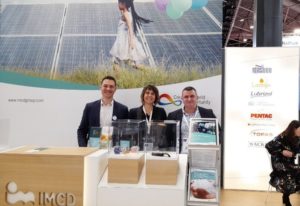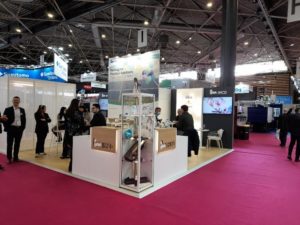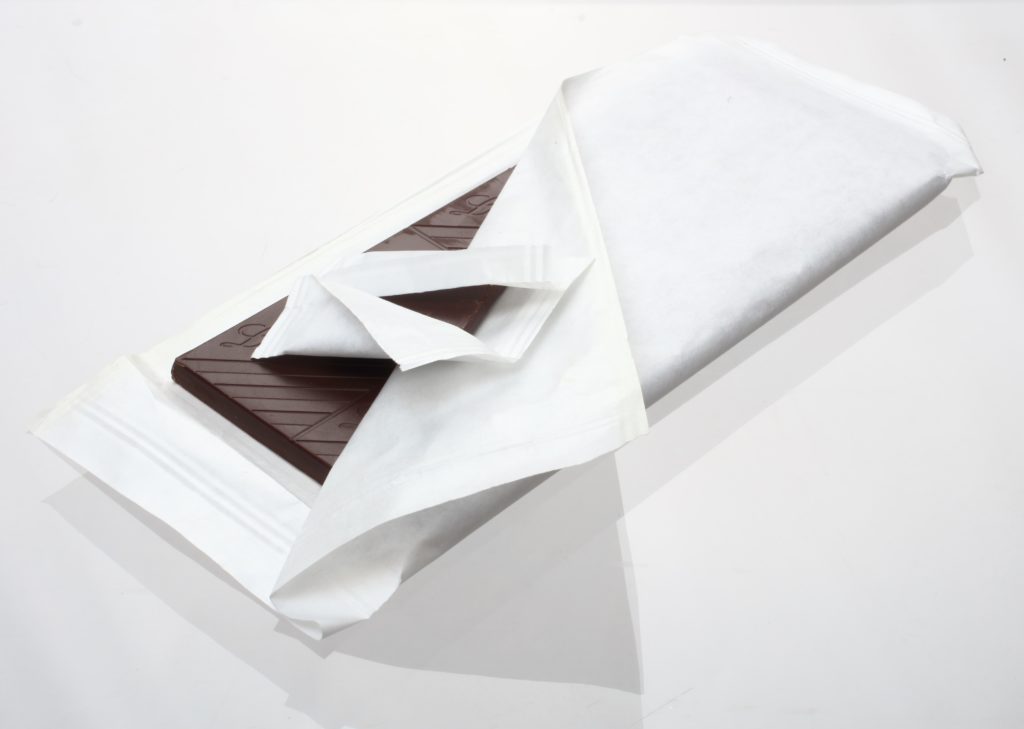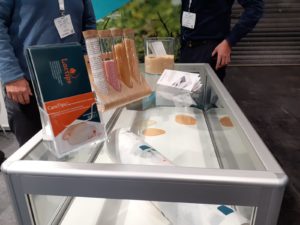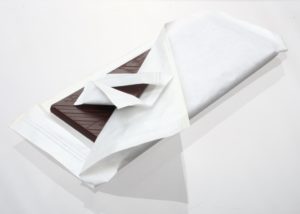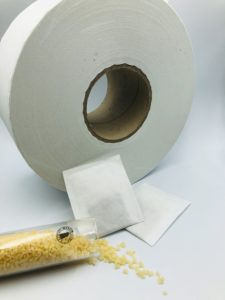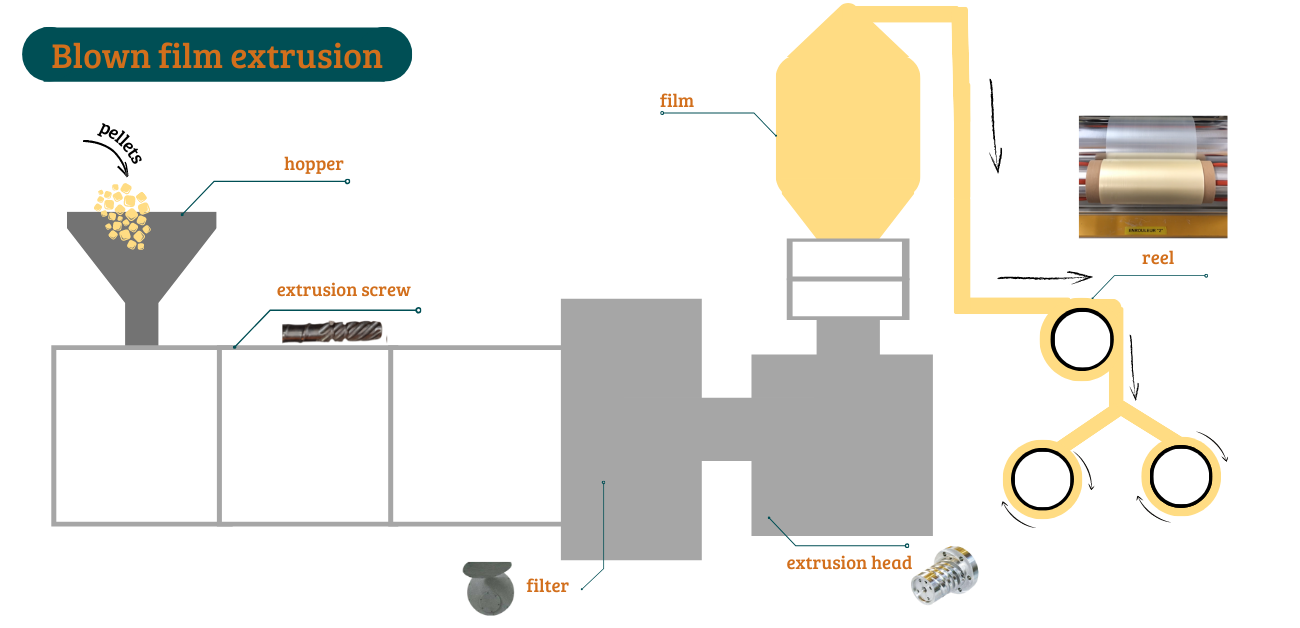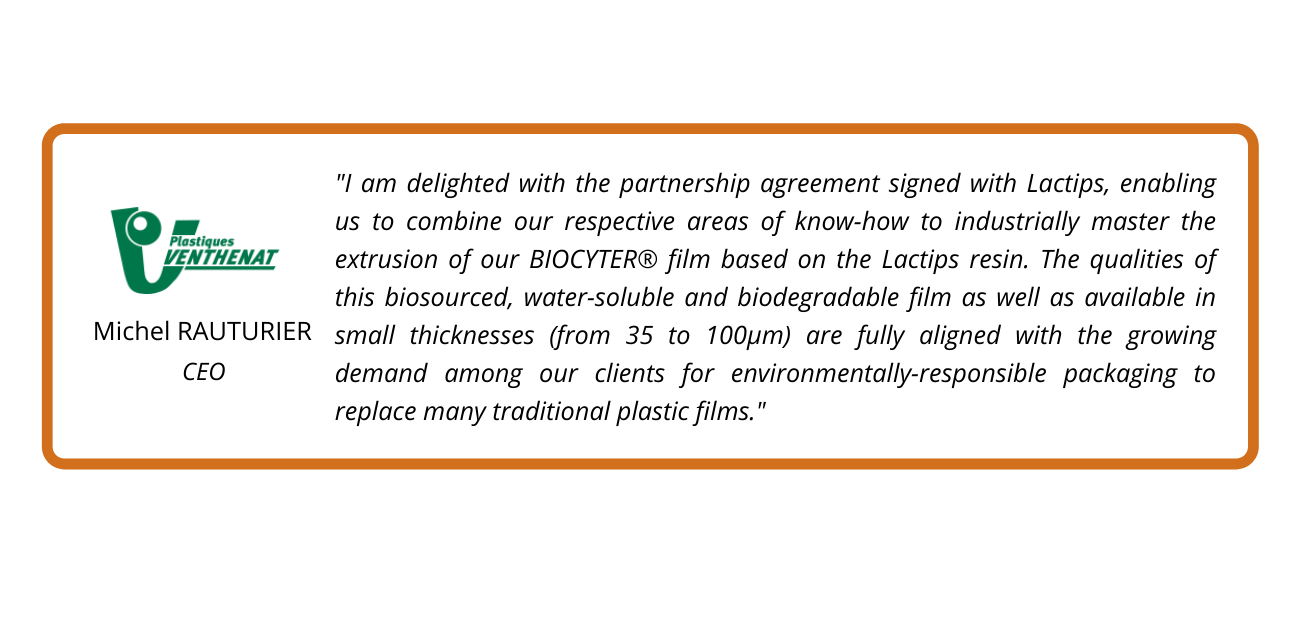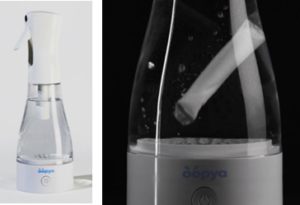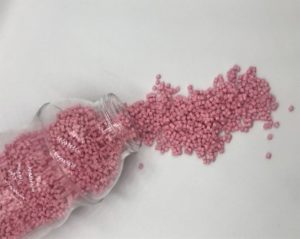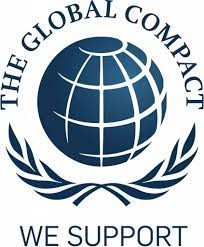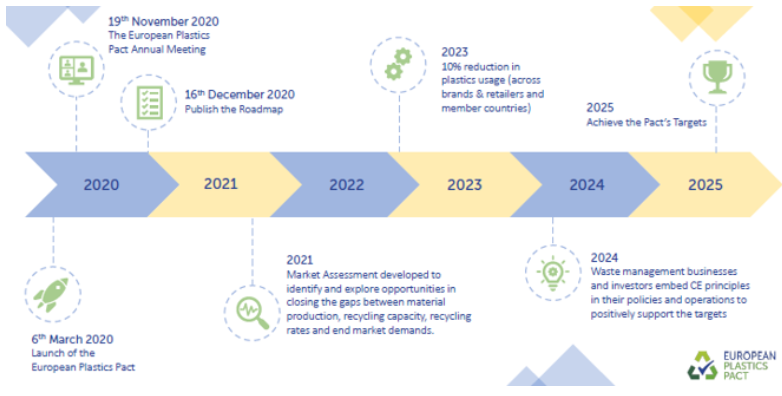What is Solubility ?
Solubility is the property of a solid, liquid or gaseous substance (solute) to dissolve in a solid, liquid or gaseous media (solvent). The solubility depends on the physical and chemical properties of the solute and solvent, on temperature, pressure and presence of other chemicals of the solution. It is measured as the saturation concentration. When adding more solute does not increase the concentration of the solution it will begin to precipitate the excess amount of solute.
Example of salt in water :
When a salt such as sodium chloride (table salt) dissolves in water, its ionic lattice is pulled apart so that the individual sodium and chloride ions go into solution:

If we continue adding salt to the solution, the undissolved solid in contact with water will come into equilibrium with the ions it has released. At this point the solution is said to be saturated and the salt will start to precipitate.
The solubility will increase if we increase the temperature (or decrease the pressure). For instance, the salt will precipitate earlier if we dissolve it in cold water.
In all this process, the salt has always been there. We could force its precipitation and recover the salt in solid phase. It has not been transformed into other constituents; it is still salt either in solid state or in soluble structure
Soluble Polymers
We could extend this example to soluble polymers in general: the polymer is dissolved in water but the chemical structure of the material is still there. This could imply the persistence of this plastic in fresh and marine water and the environments and bring or not a pollution according to the chemical nature of the polymer.
What is Biodegradability ?
Plastic biodegradation is the microbial conversion of all its organic constituents to carbon dioxide, microbial biomass, water and mineral salts (oxic conditions), or to carbon dioxide, methane, water, new microbial biomass and mineral salts (anoxic conditions).[1]
The term ‘biodegradable’ is a very wide concept. It does not imply that the material will biodegrade anywhere, or in a certain period of time. A plastic material could biodegrade in 1 million years and still, it could be called biodegradable. The rate at which a plastic item biodegrades depends on the material and also, on the conditions in the environment where it ends up.
Plastic designed to biodegrade in industrial composting facilities may not do so as effectively in the natural environment, whether in the soil, freshwater, or the sea.
Plastic items can only be considered ‘biodegradable’ if they can be fully broken down by microorganisms and transformed into organic constituents. Plastic items that only break down into smaller pieces (like microplastics) are not an improvement over conventional plastic. In fact, the lack of physical visibility could transform them into extremely dangerous materials. These type of materials are advertised as being ‘oxo-degradable‘ and are made from conventional plastics and mixed with additives in order to mimic biodegradation. These products to not comply with the standards for compostability and are not considered biodegradable or bioplastics.[2]
Labelling plastic items as ‘biodegradable’, without explaining what conditions are needed for them to biodegrade, causes confusion among consumers and other users. It could lead to contamination of waste streams and increased pollution or littering. Clear and accurate labelling is needed so that consumers can be confident of what to expect from plastic items, and how to properly use and dispose of them.
There is currently no EU law in place applying to bio-based, biodegradable and compostable plastics in a comprehensive manner. Therefore, in the European Green Deal and new circular economy action plan, the European Commission announced a policy framework on the sourcing, labelling and use of bio-based plastics, and the use of biodegradable and compostable plastics. The Commission will assess where the use of bio-based feedstock leads to genuine environmental benefits, and not only reduces the use of fossil resources. The Commission will also assess where using biodegradable and compostable plastics can be beneficial to the environment, and the criteria for these uses. [3]
Standards on biodegradable polymers
As mentioned, it is misleading to claim biodegradability without any standard specification. If a material or product is advertised as biodegradable, further information about the timeframe, the level of biodegradation, and the required surrounding conditions should be provided, too.
Standard references are important to understand under what conditions the polymer is going to biodegrade, Table 1 shows the standards with specific conditions for the different environments in which a plastic could be biodegraded:

Soluble VS Biodegradable
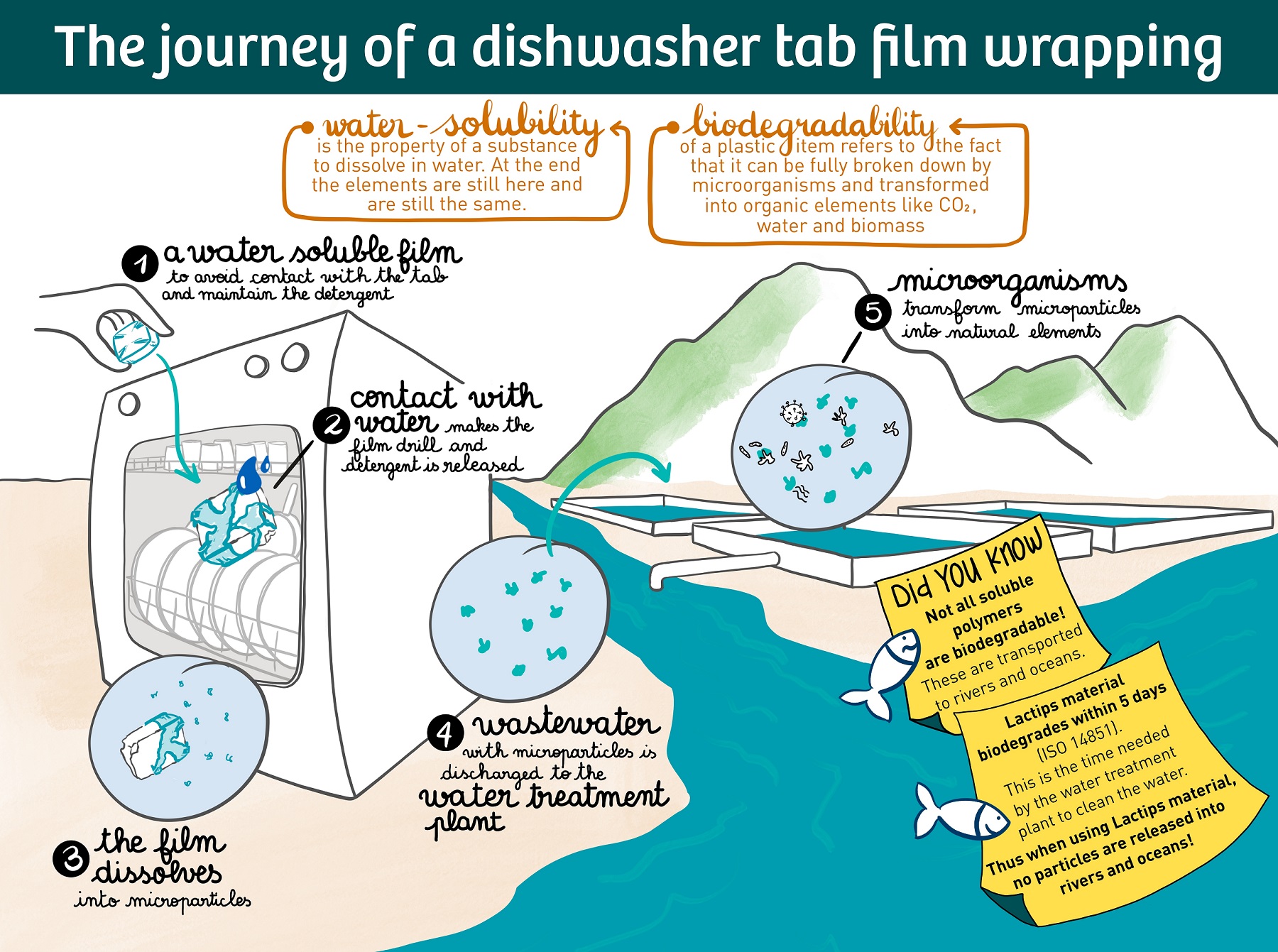
Copyright © Emmanuelle KIENER
As a conclusion, the difference between solubility and biodegradability relies in the fact that a soluble material will just dissolve in the solvent (mainly water), without changing its constituents to organic ones. However, a biodegradable material will be transformed by microorganisms to organic elements. The biodegradability of a material will depend on the surrounding conditions, for this reason, when biodegradability is claimed it is important to mention under what conditions a material will biodegrade.
LACTIPS material
Even though some polymers claim to be soluble in water, its biodegradability is not confirmed by any means. On the contrary, Lactips is a plastic free material according to REACH regulation and CareTips 300A has been validated to be 100% biobased (ISO-16620-2;2015). It is a soluble polymer, even in cold water. But also, its biodegradability has been tested:
- In fresh water according to OK BIODEGRADABLE WATER conformity mark by TÜV Austria.
- In Home composting environment according to OK COMPOST HOME by TÜV Austria.
- In marine environment, CareTips 300B was tested with a biodegradation test based on ASTM D6691 (2017). Also, its disintegration was tested (95 μm) and after an incubation period in natural seawater 100% complete disintegration was obtained. Finally, CareTips 300B fulfilled all requirements on heavy metals and fluorine as stipulated by EN 13432 (2000). Moreover, also the requirement on cobalt according to table II of the Trade Memorandum T-4-93 was met.
Lactips itself is a great solution for applications where biodegradability or compostability is needed. But also, Lactips can be blended with other materials to accelerate biodegradability in different environments.
[1] SAPEA. Biodegradability of plastics in the open environment
[2] European Bioplastics Association
[3] European Commission
